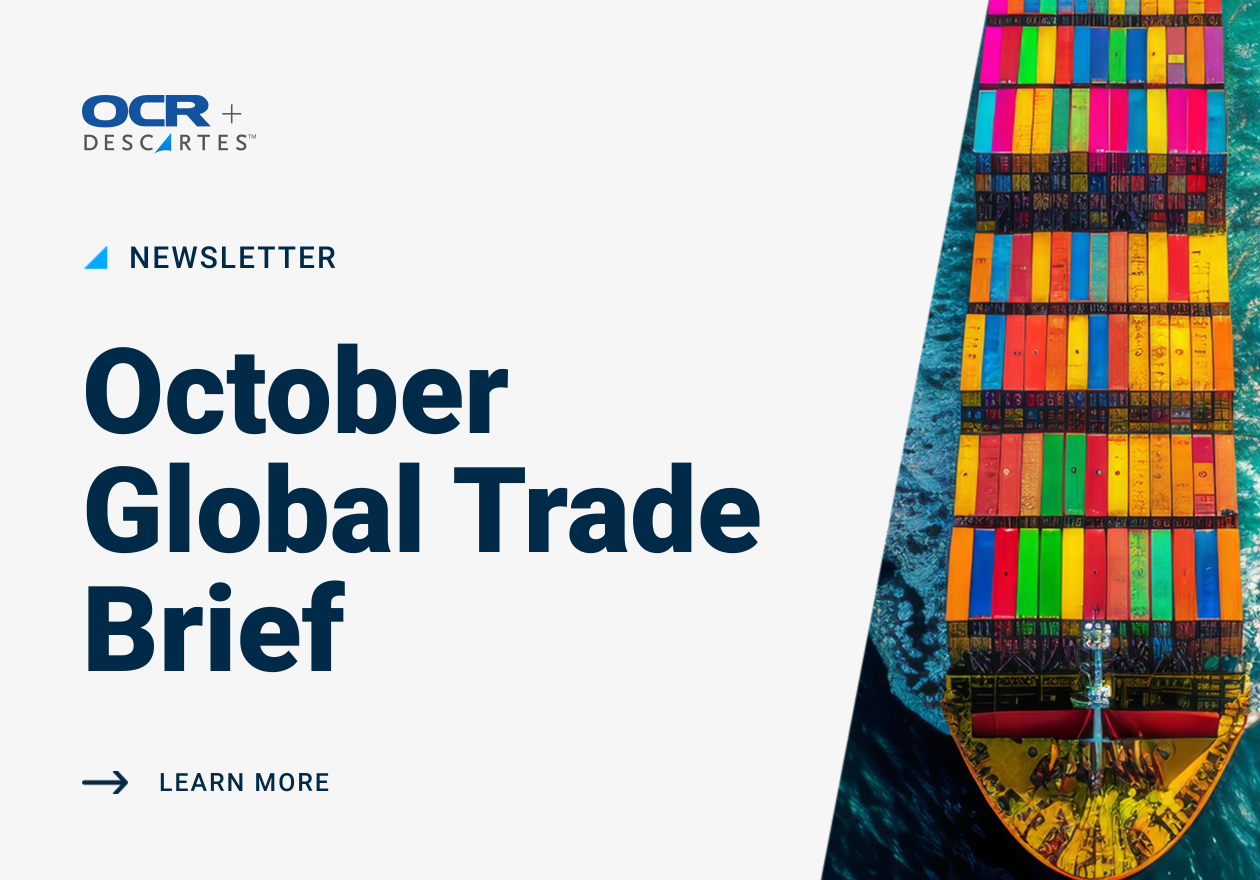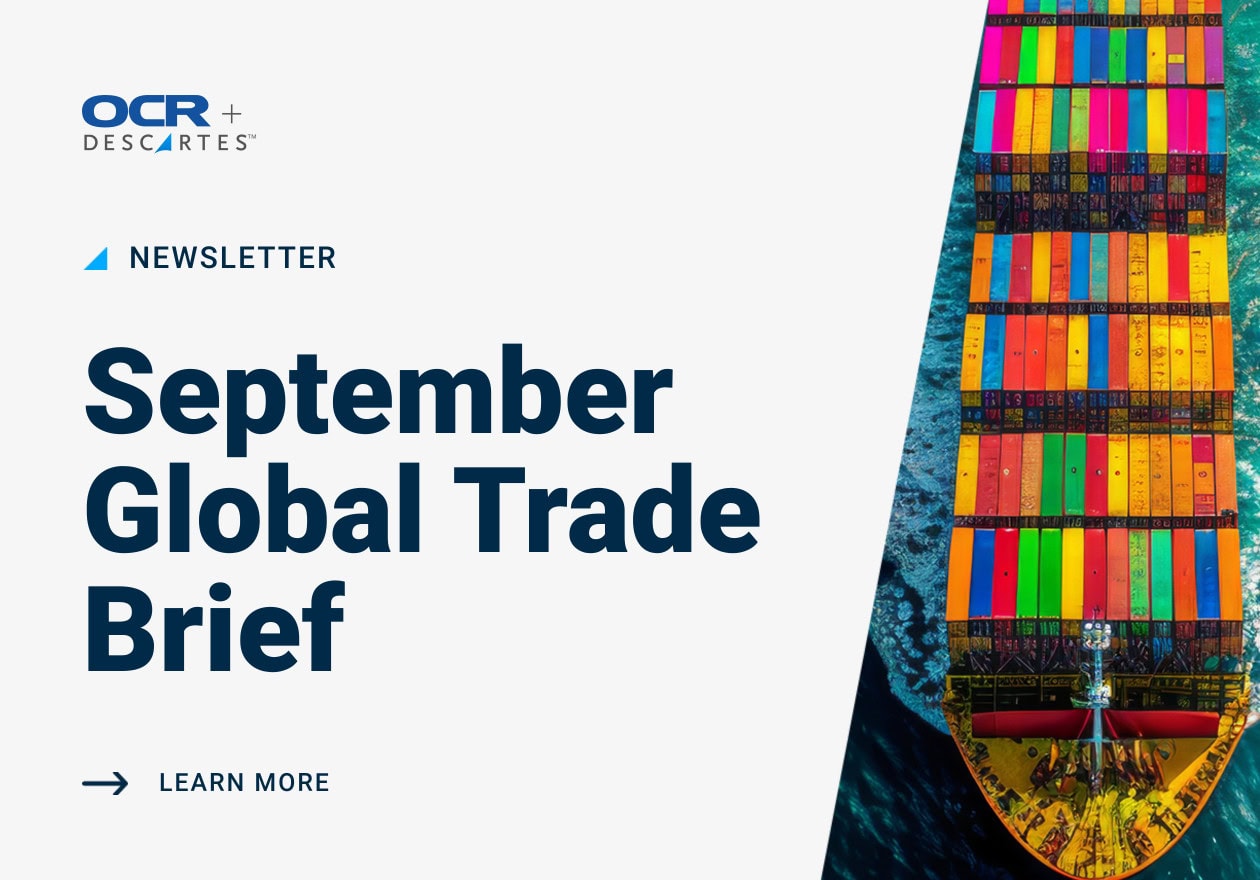OFAC designated Dalian Haibo International Freight Co. Ltd. (Dalian Haibo) pursuant to Executive Order (E.O.) 13722 for providing goods and services to or in support of the U.S.-designated Paeksol Trading Corporation (Paeksol). Paeksol is also subordinate to the UN- and U.S.-designated Reconnaissance General Bureau (RGB). OFAC previously designated Paeksol for having sold, supplied, transferred, or purchased metal or coal from North Korea, where the revenue may have benefited the Government of North Korea or the Workers’ Party of Korea. In early 2018, Dalian Haibo shipped cargo from Dalian, China to Paeksol in Nampo, North Korea, aboard DPRK-flagged vessels.OFAC also designated Liaoning Danxing International Forwarding Co. Ltd. (Liaoning Danxing) pursuant to E.O. 13810 for operating in the transportation industry in North Korea. Liaoning Danxing routinely used deceptive practices that enabled EU-based North Korean procurement officials to operate and purchase goods for the DPRK regime.
MODIFICATIONS TO RULES OF ORIGIN OF THE UNITED STATES – MOROCCO FREE TRADE AGREEMENT
Presidential Proclamation 7971 of December 22, 2005, implemented the USMFTA with respect to the United States. The USMFTA Implementation Act incorporated the tariff modifications and rules of origin necessary or appropriate to carry out the USMFTA in the Harmonized Tariff Schedule of the United States. Section 203 of the USMFTA Implementation Act provides rules for determining whether goods imported into the United States originate in the territory of Morocco and, thus, are eligible for the tariff and other treatment contemplated under the USMFTA. It also authorizes the President to proclaim, as a part of the HTSUS, the rules of origin set out in the USMFTA, and to modify previously proclaimed rules of origin, subject to the consultation and layover requirements of section 104 of the Act.
In 2015 and 2016, the Government of Morocco submitted requests to modify certain textile and apparel rules of origin based on commercial availability of specific inputs. Following public comment on the proposed rules changes, the United States and Morocco reached agreement to modify certain rules of origin. Pursuant to the USMFTA Implementation Act, the International Trade Commission conducted an economic impact review and concluded that the impact on U.S. imports, exports, and production of the proposed modifications would be negligible. The Industry Trade Advisory Committee on Textiles and Clothing did not object to the proposed modifications. Congress also did object during the consultation and layover process.
In Proclamation 9834 of December 21, 2018, the President determined pursuant to section 203 of the USMFTA Implementation Act, that the subject modifications to the HTSUS were appropriate and modified general note 27 to the HTSUS with respect to goods of Morocco. The modifications are effective with respect to goods of Morocco entered or withdrawn from warehouse for consumption on the date announced by the United States Trade Representative in the Federal Register.
On March 4, 2019, Morocco notified the United States that it had completed its domestic procedures to give effect to the agreement to change the USMFTA rules of origin for certain apparel goods of specified fabrics with respect to goods of the United States. Subsequently, Morocco and the United States agreed to implement these changes with respect to each other’s eligible goods, effective April 1, 2019.
TO DETERMINE THE COUNTRY OF ORIGIN OF SOLAR PANELS AND CELLS IMPORTED FROM CHINA, COMMERCE APPLIED A “COUNTRY-OF-ASSEMBLY TEST” AND NOT THE “SUBSTANTIAL-TRANSFORMATION TEST”
- Canadian Solar, Inc. v. United States, 2017-2577 (Fed. Cir. March 12, 2019)The Commerce Department imposed countervailing and anti-dumping duties on the importation of a class of merchandise (solar cells and panels) imported or sold for importation to the United States from China. Commerce had used a new “country-of-assembly test”—rather than the typically used substantial-transformation test—to determine the country of origin of the merchandise. Commerce had observed that some solar cells manufactured in China could be assembled into panels elsewhere and some solar cells manufactured elsewhere could be assembled into panels in China. Commerce explained that a departure from the substantial-transformation test was necessary because the Chinese solar industry, anticipating “a rote application” of the substantial-transformation test had shifted its supply chains so that their solar imports to the United States would no longer fall within the class of merchandise.The Federal Circuit, Commerce typically determines the country of origin based on the country where the merchandise is processed or manufactured. However, when the merchandise undergoes partial processing or manufacturing in multiple countries, Commerce relies on the substantial-transformation test. Under the substantial-transformation test, a solar cell manufactured in one country (A) but assembled into a panel elsewhere would cease to be from country A if, as a result of the assembly process, the solar panel “loses its identity and is transformed into a new product having a new name, character and use.”The Federal Circuit thus concluded that it was reasonable for Commerce to use the country-of-assembly test to determine country of origin because it was reasonable to use the country where the merchandise was assembled to define the class or kind of merchandise within the scope of the orders—in particular, as in this case, when the very imports found to cause injury due to unfair pricing and/or subsidies were panels assembled in China containing cells produced in other countries.Source
UNITED STATES TO TERMINATE GSP STATUS FOR INDIA, TURKEY
The U.S. Trade Representative (USTR) announced that the United States intends to terminate India’s and Turkey’s designations as beneficiary developing countries under the Generalized System of Preferences (GSP) program because they no longer comply with the statutory eligibility criteria.
- India’s termination from GSP follows its failure to provide the United States with assurances that it will provide equitable and reasonable access to its markets in numerous sectors
- Turkey’s termination from GSP follows a finding that it is sufficiently economically developed and should no longer benefit from preferential market access to the United States market
These GSP terminations cannot be effective until at least 60 days after the notifications to Congress and the governments of India and Turkey, and will be enacted by a presidential proclamation.
SECTION 301 DUTIES ON CHINESE IMPORTS
U.S. Customs and Border Protection (CBP) issued a release announcing that until further notice, the customs duty rate on imported goods from China subject to the “Section 301” investigation will remain at 10%. The U.S. Trade Representative (USTR) in September 2018 provided for imposition of additional import duties at an initial rate of 10% on over 5,700 full and partial eight-digit subheadings of the Harmonized Tariff Schedule of the United States (HTSUS) on goods imported from China pursuant to the Section 301 investigation.
The additional duties at 10% are currently in effect. The rate of additional duty was set to increase to 25% on January 1, 2019, but that effective date was postponed to March 2, 2019.
The president on February 24, 2019, directed a further delay in the duty increase.
Until further notice, the duty rate for the subject goods will remain at 10%. The Section 301 duties currently only apply to products of China, and are based on the country of origin, not country of export.
DARLING INDUSTRIES PAYS $400,000 IN CIVIL PENALTIES TO SETTLE ITAR VIOLATIONS
Facts:
Darling Industries, Inc. is the ultimate parent of R.E. Darling and is registered with DDTC as a manufacturer and exporter of defense articles. R.E. Darling manufactures specialty fabricated rubber and composite products such as: rocket motor insulation and exhaust components; oxygen breathing hose and related life support equipment; custom mixed rubber compounds; and compression molded rubber components. R.E. Darling primarily manufactures defense articles with the remaining business of R.E. Darling accounting for non-defense aerospace and industrial products. R.E. Darling engages in both domestic sales and foreign sales. The company’s self-initiated compliance program review described decades of systematic, reoccurring violations involving R.E. Darling’s manufacture and sale of ethylene propylene diene monomer compound (“EPDM”), a Kevlar filled, raw material used as a missile case insulator and missile motor insulator, controlled under USML IV(h) and breathing hoses, controlled under USML VIII(h)(2). EPDM is also designated on MTCR Annex, Category II- Item 3.
According to this report, R.E. Darling did not have a documented export compliance program, including a mechanism to determine the export jurisdiction of its products. The review noted that R.E. Darling delegated export compliance responsibilities to staff who had not been provided export compliance training, and the staff relied on personal knowledge or on the customer to inform them that the products R.E. Darling manufactured and/or exported were ITAR controlled. Also, R.E. Darling’s understanding of license requirements was largely driven by the advice of foreign customers. R.E. Darling acknowledged that its lack of qualified personnel, ITAR compliance training, classification system, and documented export compliance program, as identified by the compliance program review, resulted in violations.
Conclusion:
DDTC announced that Darling Industries, Inc., agreed to pay a $400,000 civil penalty and undertake other remedial measures to settle charges of six ITAR violations in connection with unauthorized exports of defense articles, including technical data; the unauthorized provision of defense services; and the failure to appoint a qualified Empowered Official.



